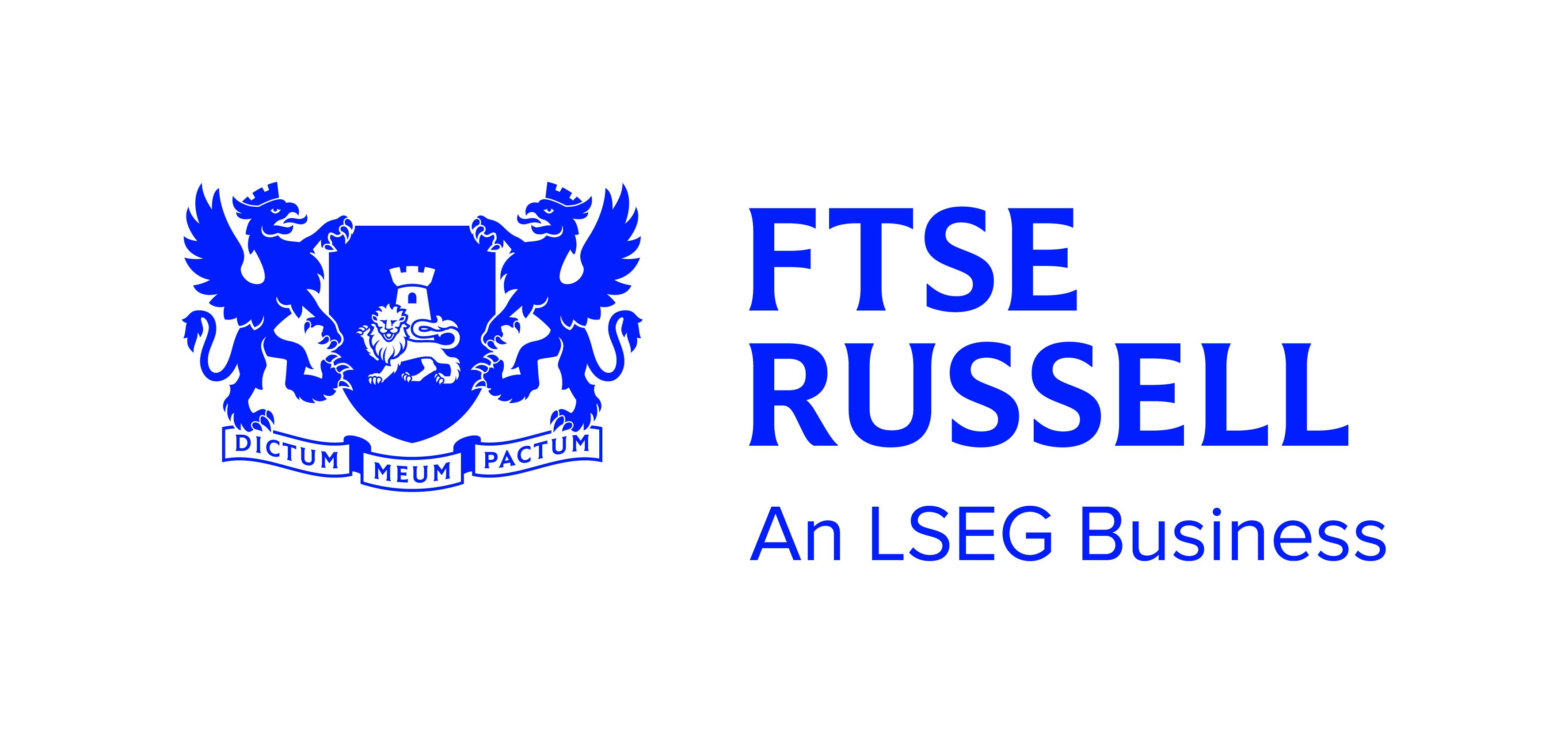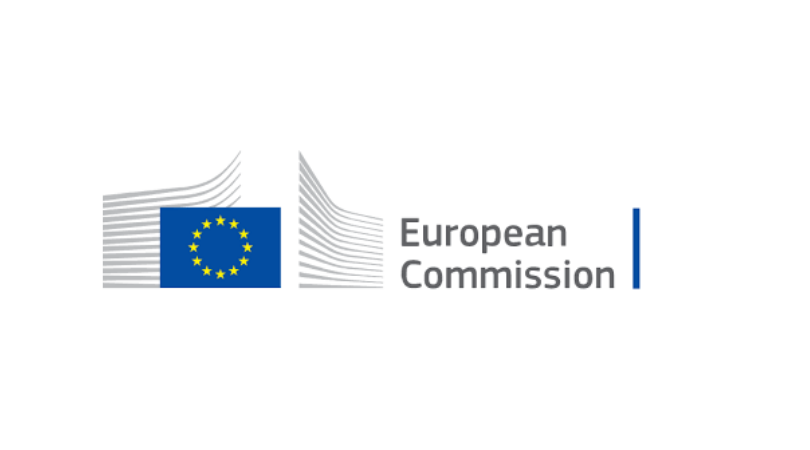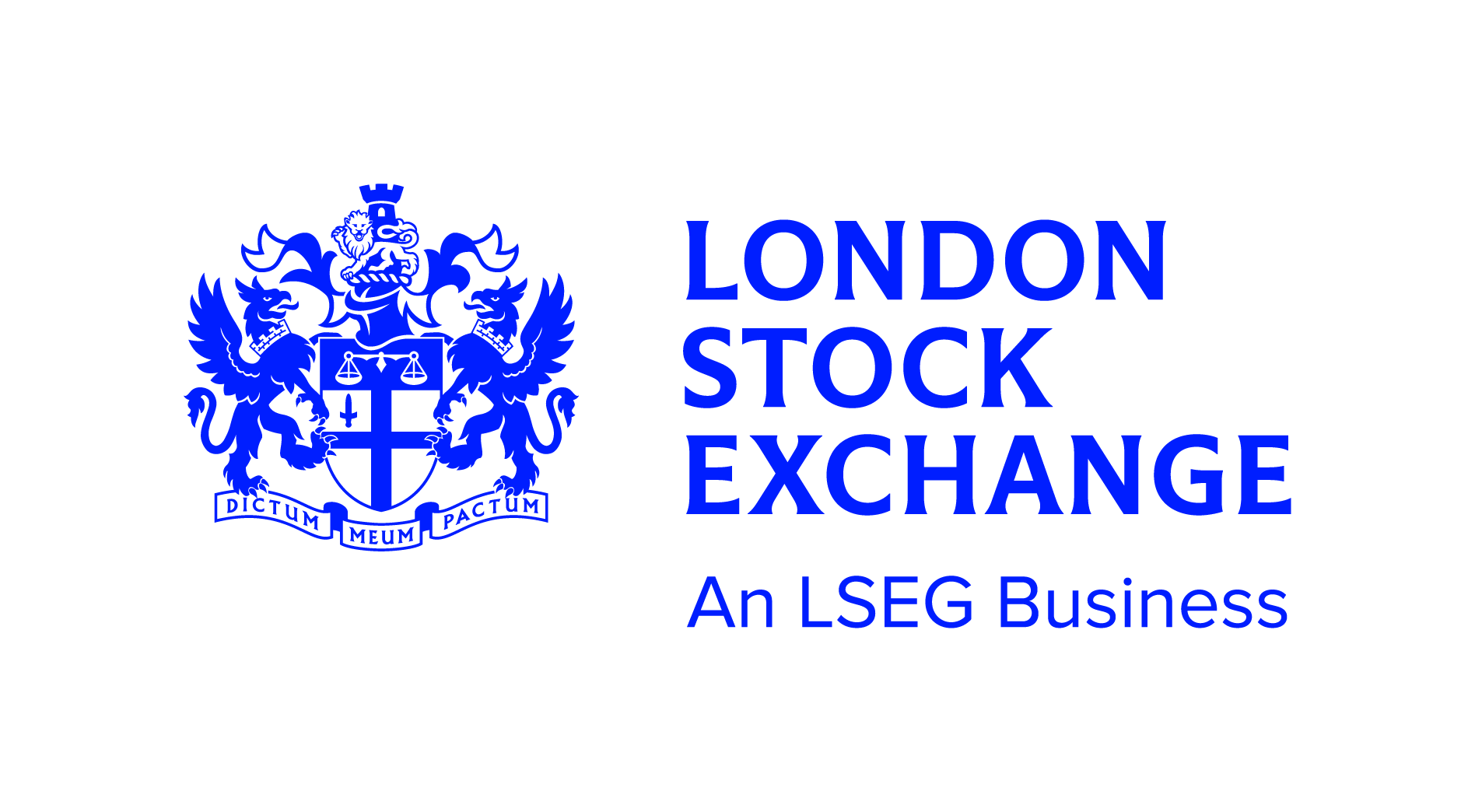A number of dominant players in the ESG ratings market have rejected EU proposals to regulate the sector, potentially prolonging inconsistencies and opacity in how data sets are scored and reflected in ESG indices from different providers.
MSCI and the London Stock Exchange Group – owner of FTSE Russell and Refinitiv – were among the largest opponents to the proposals, with MSCI stating the evolving nature of ESG services means a better route may be an agreed-upon code of conduct.
The European Commission consultation on ESG ratings began after asset managers called for greater transparency in how providers are making their assessments.
Interestingly, 80% of 168 private companies, central banks, public authorities and non-government organisations consulted were supportive of some degree of legislative intervention in the ESG ratings market.
The reluctance of large ratings providers will also not be encouraging for some given 81% of respondents said they mostly or exclusively use ratings from these participants.
A decisive 90% said the main issue to be addressed is the transparency of ratings methodology, while between 70% and 80% called for greater action on conflicts of interest, reliability and greater clarity around ratings’ objectives and scope.
Faith in the process behind turning raw data into quantifiable index methodology is crucial to the continued support of rules-based ESG investing.
This faith was tested in May after Tesla was ejected from the S&P 500 ESG index while retaining its top three position in both of MSCI’s USA ESG benchmarks.
Naturally, there is unlikely to ever be consensus on what constitutes ESG but a greater concern for many is the somewhat murky, qualitative process each provider uses to convert ESG metric scoring into tangible ratings that can be used to weight different securities in ESG benchmarks.
The European Commission’s focus – whether by recommendation or by regulation – will be to remove the lid on how ratings providers go from point ‘A’ to ‘B’. However, this will likely face continued resistance as providers will have to reveal some of their proprietary expertise and face the prospect of losing some of their value proposition, according to Adrian Whelan, head of regulatory intelligence at Brown Brothers Harriman.
Risk-on tide lifting speculative bets
A “junk rally” ensued following last week’s lower-than-expected US inflation reading, according to Bloomberg Intelligence ETF analyst Athanasios Psarofagis, as risk-on investors bought the losers of H1.
Among these were Europe’s crypto equity and blockchain thematic ETFs, many of which rallied between 47% and 66% between the middle of July and mid-August.
Following suit have been emerging market bonds, with the iShares JP Morgan $ EM Bond UCITS ETF (SEMA) ranking as the third-highest inflow in European ETFs last week.
Lower year-on-year inflation than the previous month suited the less hawkish Federal Reserve narrative some had already been betting on after the last Federal Open Market Committee (FOMC).
Should inflation continue cooling, this increases the likelihood that the Fed could pause its hiking cycle by the turn of the year.
As policymakers eventually cut rates, the valuations of speculative thematic stocks will be boosted as growth-stage companies’ cost of capital falls.
Emerging market bonds are also benefitting from this narrative as a less hawkish Fed would make it easier to repay dollar-denominated debt – and a ‘soft landing’ recession means investors may be less likely to seek safety in havens such as US Treasuries.
ESG now the core of Vanguard’s ETF rollout
Vanguard’s relatively muted ETF activity in Europe has had a distinctly green tint over the last couple of years, with every launch since the start of 2021 being an ESG wrapper.
Last March, the world’s second-largest asset manager launched a global equity ESG ETF in Europe, its first ESG ETF on the continent. Two months later, it followed this with an ESG global corporate bond ETF.
Since then, Jack Bogle’s passive giant went on something of a launch drought in Europe until it launched ESG North America and developed Europe equity ETFs on Thursday.
While its scale in Europe is just a shadow of its US operations, it is interesting to see ESG seems to be Vanguard’s preferred route for filling out its product line-up this side of the pond.
Vanguard already offers similar index funds to its ESG ETFs – perhaps its next UCITS ETF launches are strategies already available in its broader index fund roster.
ETF Wrap is a weekly digest of the top stories on ETF Stream
Related articles












